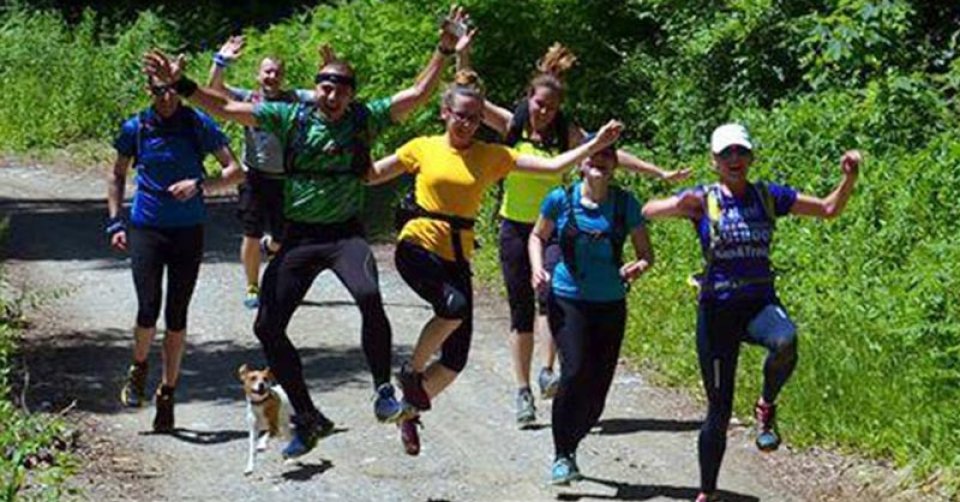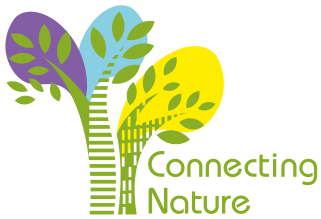
Medvednica is a nature park (IUCN category V) near the Croatian capital, Zagreb. Almost a quarter of the Croatian population lives in the surroundings. The park's main phenomenon is well-preserved forests: 81% of the area is covered by forest. Forests provide multiple goods, such as places for sport and recreation. Many diverse stakeholders use the Nature Park Medvednica with the annual number of visitors estimated to be about 1 million per year (of which 90% are domestic).
The case study is implemented in the context of an existing and new national legislation, which endorses and governs a permit system for the use of forest ecosystem services (FES) in relation to sports and recreation activities. The legislation demonstrates how national policies might support FES.
This case study from the SINCERE project had the goal to:
- Develop several scenarios for payments of forest ecosystem services (FES) - health benefits - and empower future management of the park.
- Raise funds, monitor all sport events, and ensure that these are held sustainably. The innovative mechanism (IM) consists of one-time concession permits implemented in the Medvednica Nature Park.
- Raise money for new content and infrastructure to support human health and wellbeing via a second IM consisting of donation boxes.
This case study focused on valorisation of recreational functions of the Nature Park Medvednica in Croatia through direct payments for recreational activities and donations towards facility management.
The issuing of one-time concession permits related to sports and recreation events was implemented in 2019 allowing for larger groups to organise events in the park. Voluntary donation boxes were implemented to improve and maintain recreational facilities but failed as a funding source. The resources gathered through permits are collected in a fund.
Several meetings with stakeholders raised awareness about the benefits that Nature Park Medvednica provides for well-being and health through recreation, as well as through the forest ecosystem services (FES) in general.
The effect of the one-time concession permits is to prepare and gain acceptance from user groups in paying for using the park for larger events.
The use of mandatory concession permits enabled the dispersion of large groups away from peak visitor zones, reducing conflicts between users. The issuing of permits generated funds for investing in recreational infrastructure, such as a Nordic walking trail, possibly incentivising users to exercise more, and thus have an impact on public health.
The innovative mechanism also involved monitoring damage to soil, flora, and fauna, and tracking visitors, allowing the Nature Park to prescribe conditions under which activities can be carried out to reduce the impact on certain critical areas when issuing permits.
The introduction of payments for forest ecosystem services (FES) will improve recreational opportunities for different user groups and reduce conflicts between users, enhancing in turn the recreational experience for all.
Improved recreational services could increase the demand for the park’s recreational services and motivate more people to use the park, possibly having an impact on public health.
National geographical upscaling: The case study is implemented under national legislation and therefore similar initiatives could be implemented throughout Croatia while benefitting from the lessons learned in the Nature Park Medvednica. The implementation process should outline implementation plans and involve multi-actor groups to raise awareness and acceptance of the use of permits.
Upscaling to other schemes: Selling permits is quite generic and can be applied to other efforts targeting other forms of recreation when the users benefit from access rights they do not otherwise have (riding or biking tracks, and spatial dispersal of activities to reduce conflicts). This could include mountain biking, horseback riding or forest camping, to the extent that users experience a welfare gain.
Upscaling in scope: The instrument used in the Croatian case study primarily targeted recreation, with potential spill-over effects for biodiversity. The use of the instrument vis-à-vis other forest ecosystem services (FES) does not appear straightforward.
Upscaling to other countries: For this case study to be implemented in other countries, public and private forest owners must be able to demand payment for additional services or access rights beyond what is already legally available for forest users. Previous research shows that such market-based provision of services beyond current rights are in place in some countries for some activities.
